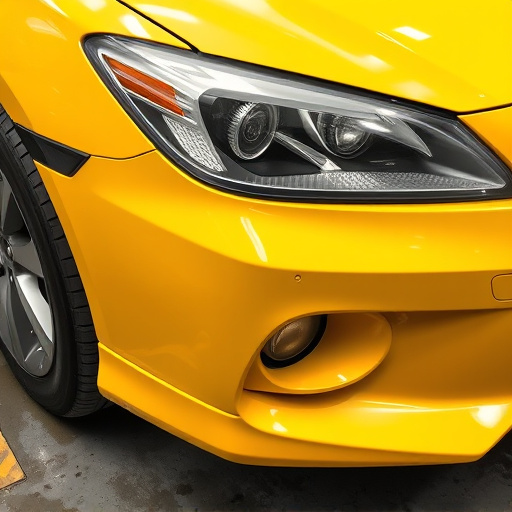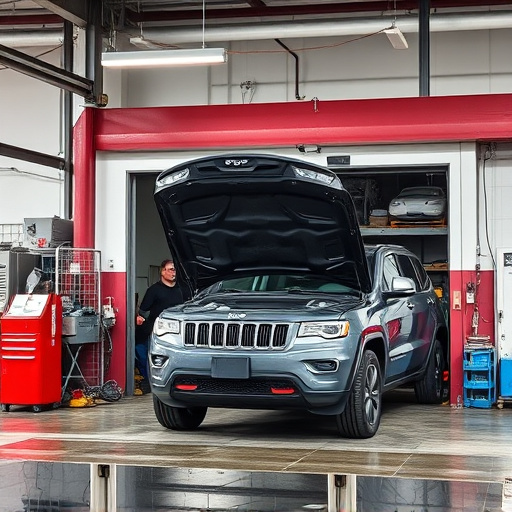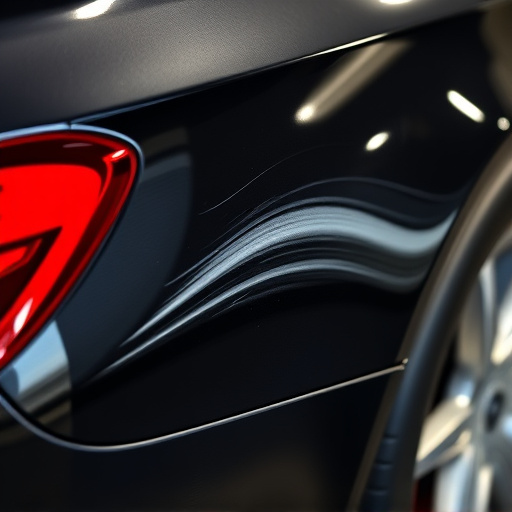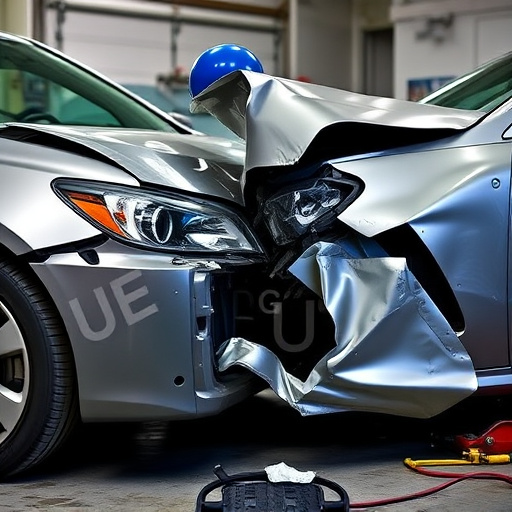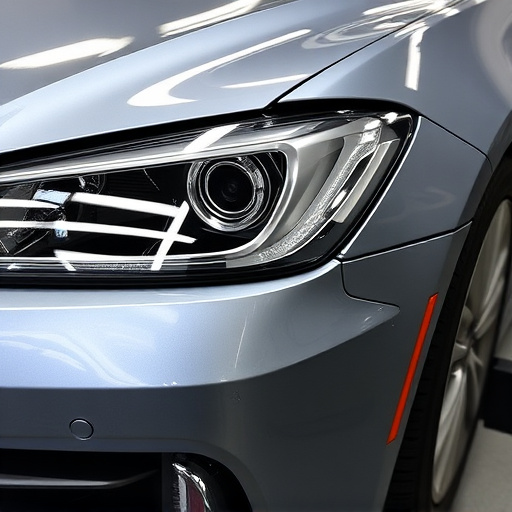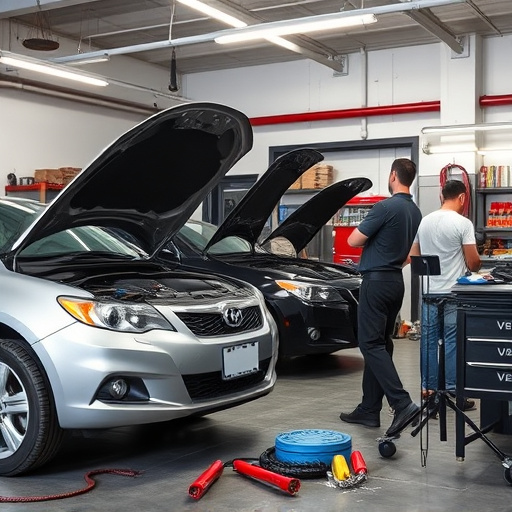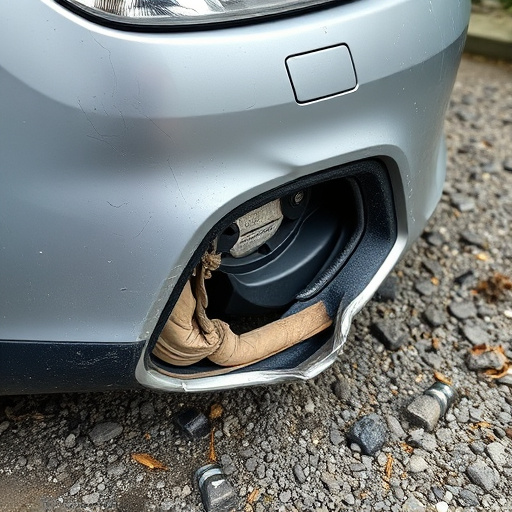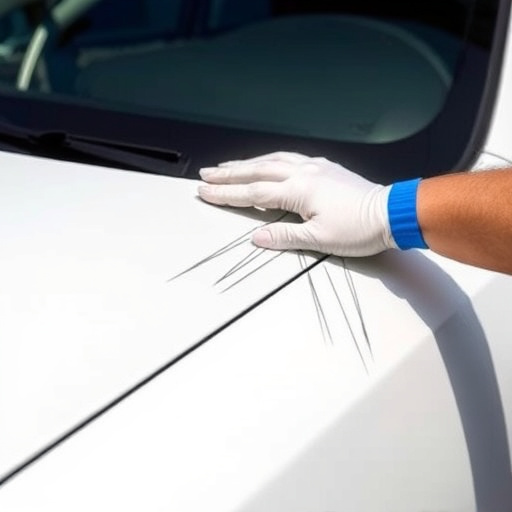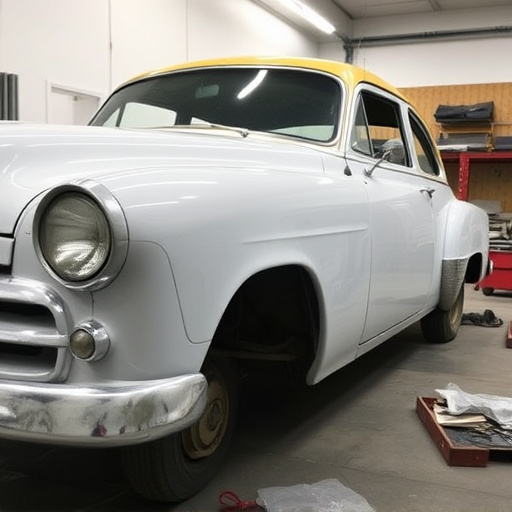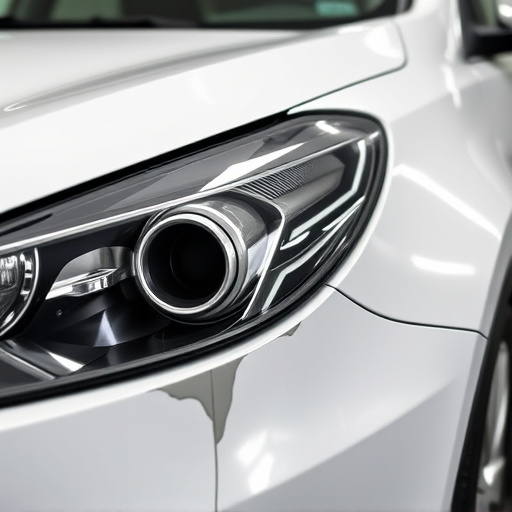The growth of electric cars necessitates specialized electric car body repair skills and equipment. Workshops require advanced tools and training to handle EV-specific challenges, from battery systems to precise panel alignment. Certified technicians ensure safe, high-quality repairs, enhancing customer satisfaction and trust. This specialization is crucial for shops catering to expanding EV markets, attracting broader customer bases, and maintaining competitive positions.
In the evolving automotive landscape, electric car body repair has emerged as a crucial aspect for repair shops. As the adoption of electric vehicles (EVs) accelerates, workshops must adapt to address unique challenges, such as lightweight materials and complex battery systems. This article explores why specialized electric car body repair is essential. We delve into understanding the unique demands, essential tools and techniques, and the benefits of certified training, ensuring shops stay competitive in this growing market.
- Understanding Electric Car Body Unique Challenges
- Essential Tools and Techniques for Efficient Repair
- Benefits of Specialized Training and Certification
Understanding Electric Car Body Unique Challenges
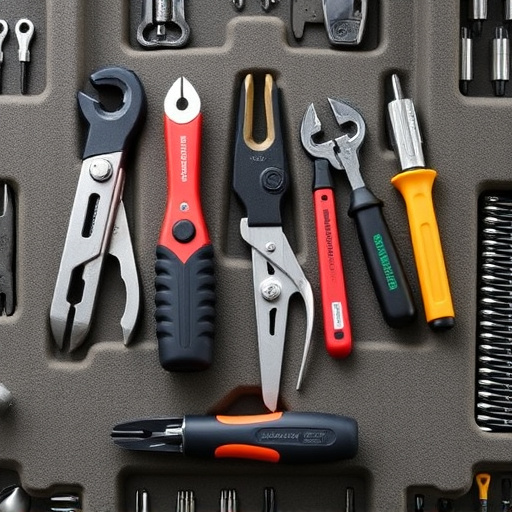
Electric cars, while offering numerous environmental benefits, present unique challenges when it comes to body repair. Unlike traditional internal combustion engine vehicles, electric vehicles (EVs) have distinct components and designs that require specialized knowledge and tools for effective repairs. For instance, the battery packs in EVs are not only heavy but also highly sensitive, necessitating careful handling and specific safety protocols during any collision-related damage assessment or repair.
Moreover, the intricate electrical systems integrated into EVs demand meticulous precision during dent repair or hail damage repair processes. Even minor misalignments or incorrect techniques could disrupt these sophisticated networks, potentially leading to costly malfunctions or safety hazards. Therefore, for repair shops aiming to cater to EV owners, investing in comprehensive training for staff on electric car body repair and acquiring specialized tools designed for handling EVs is crucial to ensure high-quality and safe repairs.
Essential Tools and Techniques for Efficient Repair
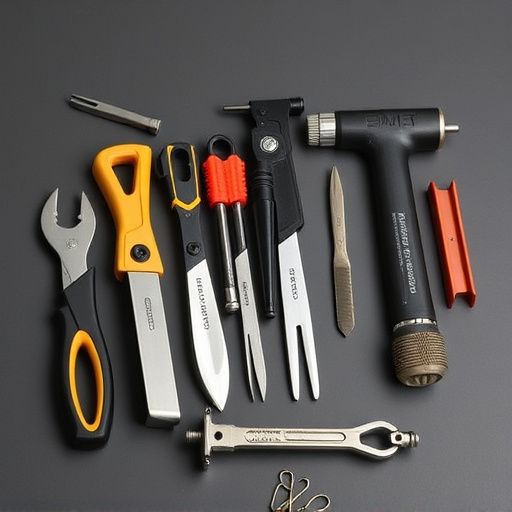
In the realm of electric car body repair, specialized tools and techniques are paramount for shops aiming to provide efficient and effective services. These workshops require advanced equipment designed to handle the unique intricacies of electric vehicles (EVs), such as precise panel alignment and secure electrical connections. Specialized training is also vital; technicians must be adept in both traditional and EV-specific repair methods, from expertly wielding pneumatic tools to understanding complex battery systems.
Moreover, beyond the technical aspects, a seamless customer experience is key. Shops offering Mercedes Benz collision repair services, for instance, should prioritize clear communication and transparent pricing for clients navigating the complexities of an EV body repair process, especially after a fender bender. Incorporating car paint services within these facilities further streamlines the journey, ensuring a flawless restoration that meets the high standards expected of premium brands like Mercedes-Benz.
Benefits of Specialized Training and Certification

Specialized training and certification in electric car body repair are becoming increasingly vital for repair shops to stay competitive. As the market for electric vehicles (EVs) continues to grow, so does the need for professionals equipped with the knowledge and skills to handle their unique repair requirements. EV body repair differs significantly from traditional gasoline-powered vehicles due to the complex electrical systems and advanced materials used in their construction.
Certified technicians can ensure precise and efficient repairs, addressing specific challenges like low-voltage wiring, high-voltage battery packs, and lightweight composite materials. This specialized training enables shops to offer superior services, attract a broader customer base, and ultimately enhance their market position. Moreover, it contributes to higher customer satisfaction, as EV owners benefit from safe, reliable, and environmentally friendly repairs, fostering trust in the repair shop’s expertise.
Electric car body repair is not just an adaptation; it’s a crucial evolution for repair shops. Understanding the unique challenges, investing in specialized tools and techniques, and embracing certification are essential steps to meet the growing demand for electric vehicle services. By staying ahead of the curve, repair shops can not only cater to new technologies but also ensure high-quality, efficient repairs, ultimately contributing to the sustainable future of transportation.
